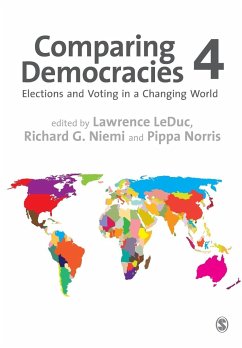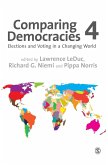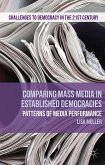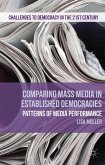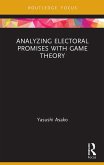This book provides you with a theoretical and comparative understanding of the major topics related to elections and voting behaviour. It explores important work taking place on new areas, whilst at the same time covering the key themes that you ll encounter throughout your studies.
Edited by three leading figures in the field, the new edition brings together an impressive range of contributors and draws on a range of cases and examples from across the world. It now includes:
New chapters on authoritarian elections and regime change, and electoral integrity A chapter dedicated to voting behaviour Increased emphasis on issues relating to the economy. Comparing Democracies, Fourth Edition will remain a must-read for students and lecturers of elections and voting behaviour, comparative politics, parties, and democracy.
Edited by three leading figures in the field, the new edition brings together an impressive range of contributors and draws on a range of cases and examples from across the world. It now includes:
New chapters on authoritarian elections and regime change, and electoral integrity A chapter dedicated to voting behaviour Increased emphasis on issues relating to the economy. Comparing Democracies, Fourth Edition will remain a must-read for students and lecturers of elections and voting behaviour, comparative politics, parties, and democracy.
Compared to its predecessors, the fourth edition of Comparing Democracies is entirely different and yet it is much the same. It is much the same because it offers again a superb collection of chapters dealing with democratic institutions and processes in a changing and multifaceted political world. And it is entirely different because the focus of the collections has been altered to include measurement issues of democracy; a growing emphasis of the profession on the context of the vote, and on the manner in which elections are conducted. As a consequence of that, all chapters but one are entirely new or substantially revised. The group of contributors, while largely different from previous editions, is again outstanding. It introduces some of the most important new work on those issues to the broader community of scholars interested in elections and democracy. For all these reasons, Comparing Democracies will remain a must-read for students and lecturers of elections and voting behaviour, comparative politics, parties, and democracy. Professor Hermann Schmitt

